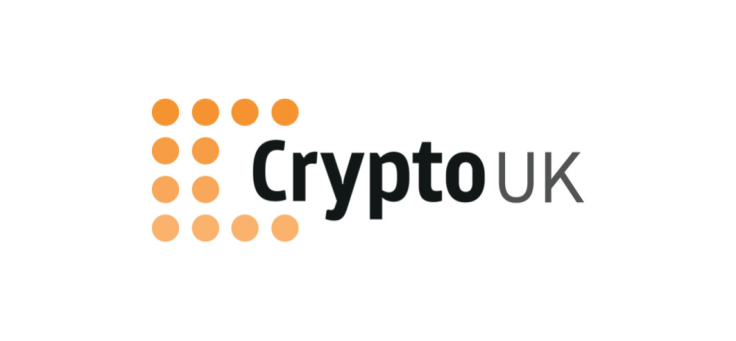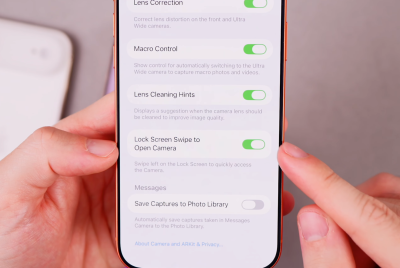Cryptocurrency: Venezuela wants to invest in Bitcoin to avoid international sanctions
The cryptocurrency could help the country escape international regulations and sanctions.
Cryptocurrency is becoming controversial every day. After objections were raised globally about Facebook's plan to launch a cryptocurrency, Venezuela is planning to invest in Bitcoin, expressly to avoid international sanctions.
Bloomberg reported last week that the country's central bank is looking into holding cryptocurrencies in order to rescue the state-controlled oil company Petroleos de Venezuela SA from international sanctions.
According to the report, the company has already gathered a large chunk of cryptocurrencies Bitcoin and Ethereum. Cryptocurrency may allow the company to sell to buyers while escaping dollar-linked international transactions. Dollar remains the unit of value internationally, but cryptocurrency is threatening this status quo as it doesn't need any real-world backing as a digital currency.
If the country succeeds in using Bitcoin as a transactional tool, it will boost its reserves and may be able to rescue its economy from the stagnation it is in currently.
What's not known is how Petroleos got access to or collected this cryptocurrency. It is, however, indicative of the susceptibility of cryptocurrency. Many cryptocurrency exchanges have been hacked recently and once the news was out, countries such as North Korea and Venezuela started showing increased interest in crypto. This could either be a huge coincidence or there may be some links, which global governments and security agencies are missing, due to their lack of ability to keep pace with dynamic tech developments.
What remains to be seen is whether countries or entities start dealing in cryptocurrency despite their relative anonymity and a high potential for money laundering. But one thing is certain – cryptocurrency will be a booster for the huge global black market for oil.
This may be a last-ditch effort to save Venezuela's huge economic crisis from transforming into a full-scale failure. It is a huge risk to undertake, given the global scenario.
It remains to be seen how the global financial system, including the International Monetary Fund and the World Bank, handle the situation.

© Copyright IBTimes 2025. All rights reserved.





















